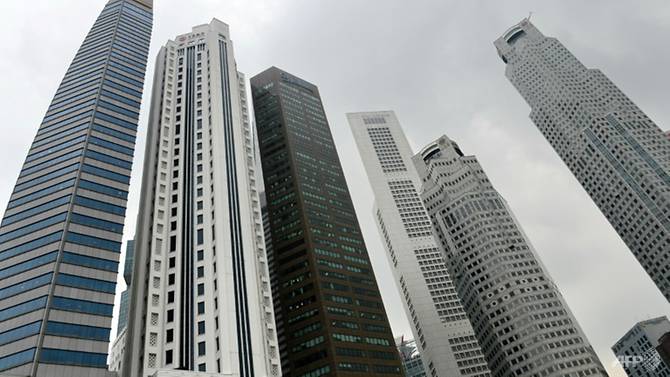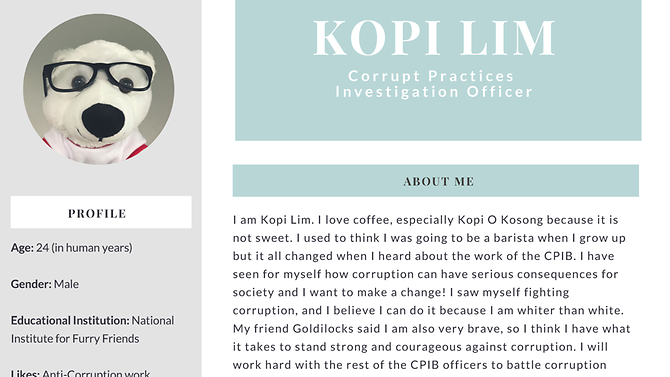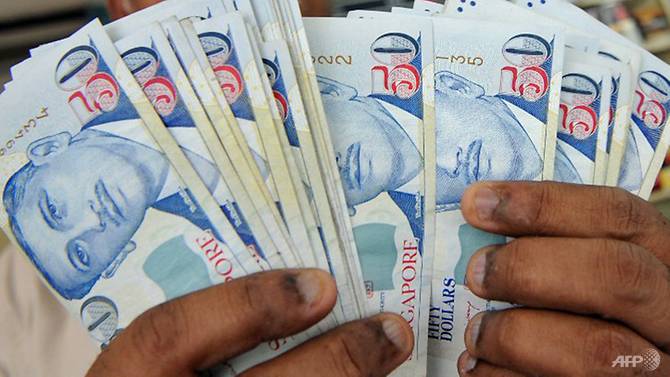This material belongs to: Channel NewsAsia.
Ernst & Young Advisory’s Reuben Khoo and Saket Bhartia say that strengthening whistle-blowing measures and public education are key to addressing small acts of corruption.
SINGAPORE: As a country known for its zero tolerance towards corruption, Singapore has constantly sought to enhance the way companies fight corruption and bribery.
In April, the Corrupt Practices Investigation Bureau (CPIB) and SPRING Singapore jointly launched the new Singapore standard on anti-bribery management systems, a certification programme that aims to help Singapore companies strengthen their anti-bribery compliance systems and processes.
Efforts to stem corruption over the past decade seem to have paid off so far. For one, the country saw a boost in public confidence when CPIB revealed that the number of local corruption cases fell to a 32-year record low in 2016.
Respondents to our annual survey on fraud also say that Singapore seems 3.5 times less vulnerable to corruption and bribery compared to other Asia-Pacific countries.
A worrying trend
Yet, several petty corruption cases have been heard in the courts in recent months, including an ex-cop sharing confidential photos for cash payments, and an Immigration and Checkpoints Authority officer accepting bribes from an intermediary in exchange for granting social visit passes, among others.
A worrying trend is an accompanying shift in attitudes about corruption and business indiscretions, particularly among millennials.
Almost 4 in 10 of millennials across the Asia Pacific who responded to our annual survey on fraud say they feel that offering cash payments to win or retain business can be justified.
More than 4 in 10 of millennials surveyed also say they would extend their monthly reporting period to meet financial targets. Such acts may fall into a “grey area”, but they are business indiscretions nonetheless.

Context can explain part of this shift – for survey results reveal that millennials feel that a wide range of unethical actions may be justified to help a business survive, in a year characterised by significant political risk, economic uncertainty and increased regulatory pressures.
But these signs are a wake-up call to companies who have the responsibility for ensuring that compliance policies are clearly understood and consistently applied.
A commentary on Channel NewsAsia highlighted the importance of state, companies, leaders and individuals playing their roles to combat corruption in Singapore.
Indeed, recent news suggest that individuals may not have fully understood the consequences of their actions.
Their actions, although seemingly small, have larger implications for Singapore’s reputation as a clean and honest country with the highest levels of incorruptibility and personal integrity, should such attitudes spread and gain traction.
Why people accept “Grease Money”
Petty corruption offences usually involve small amounts of “grease money” and so are sometimes viewed by individuals who commit them as insignificant acts of personal indiscretion that have little impact and can be justified.
Such perceptions may have arisen because enforcement against corruption in previous years have shone the spotlight on senior management in the civil service and white collar employees for acts of high-value corruption and brazen behaviour involving bribery and sexual favours.
Meanwhile, petty corruption may have slipped out of public consciousness and received less media attention given the small amounts of money involved.
At the same time, frequent exposure to malpractices overseas, including neighbouring countries rated poorly on the Corruption Perceptions Index 2016, may have entrenched a perception among individuals working in Singapore that corruption is a phenomenon rampant in other countries and desensitised them to other smaller, seemingly less serious local cases of graft.

Shore up Public Campaigns, whistle-blowing
Continuous education and targeted awareness is key in constantly reminding the public that individual corruption and acts of bribery are serious crimes, regardless of the value of the assets involved.
Bold moves to do so may be required to stamp out this disturbing trend.
One may recall that a few years back, Singapore regulators came up with the unique idea of playing a short anti-bribery video clip in cinemas as part of in-theatre advertising.
Campaigns to instill public awareness, such as through anti-corruption advertisements that emphasise the Government’s message of being unrelenting in countering corruption regardless of the magnitude of the offence can be effective.
Whether at the train stations, bus stations and airports, or on major television channels, such campaigns are undoubtedly one of the strongest ways to deliver a consistent deterrent message to Singaporeans and residents of the Government’s ethical stance.
Since petty corruption offences have always involved personal risk-taking, driving personal awareness is one of the best defense mechanisms. Companies too should therefore continue efforts in raising personal awareness with continued training programmes on bribery incidents.

More importantly, companies should take visible actions to address cases involving an employee or a contracted third party, in order to deter future acts and set a strong precedence on the course of action the company will take.
Fixing a reward scheme for the successful prosecution of petty corruption cases resulting from whistle-blowing can be one such mechanism to incentivise workers in a company to speak up against unethical behavior and send a clear signal against such acts.
Such schemes should be widely publicised, with annual statistics on corruption and bribery cases presented, along with a breakdown of the number of cases received through the company’s whistle-blowing mechanism, and the monetary value of the offence and rewards awarded released.
To tackle corruption, all stakeholders from individual rank-and-file employees to senior management must be clean. No case of corruption is too small to ignore.
The further strengthening of public integrity in combating petty corruption will require more persistent efforts and innovative schemes and mechanisms by regulators and companies to arrest this potentially dangerous trend and stop lax attitudes regarding corruption from taking root.
A zero-corruption reputation may not be easy to attain but is certainly an aspirational goal that will require bold moves.


